A new book from Curtis Sittenfeld is usually cause for great celebration on this end. I was particularly excited when I saw that she was signing copies of her latest book, Sisterland, at BEA last month. I cut my departure for the train station a little too close so that I could stand in line for the book and get her to sign it. Sittenfeld is also coming to Politics & Prose next week, and that has been on my calendar for a while. So I guess you could say that I had high expectations for this one.
Unfortunately, Sisterland was not my favorite Sittenfeld novel. (That honor goes to Prep and American Wife, both of which I loved).
Sisterland represents a bit of a departure for Sittenfeld, whose storytelling I have always admired because it is so accessible, so realistic. The book is about identical twins, Daisy (now Kate) and Violet, who have ESP or “senses”. Since they were little, they’ve been able to predict, or sense, certain things – the whereabouts of a missing child, who around them might suffer a premature death, future disasters. Vi embraces her ESP, while Kate is embarrassed by it, and, frequently, her sister. When the book opens, Vi has had a premonition of a future earthquake in St. Louis, where the sisters live, and by attaching a date to the prediction, she has attracted a lot of media attention, much to Kate’s chagrin.
That sets the book in motion. There are a lot of flashbacks to Vi and Kate’s childhood, and to the divergent paths that have led the sisters apart and back together over the years. Kate is now married with two small children, a life stage that Sittenfeld totally nails. There’s the impending earthquake – will it happen or not? How does Kate handle Vi’s controversial celebrity? Are Kate’s senses corroborating Vi’s predictions? And what about Kate’s marriage – is it solid, or vulnerable to the fissures that often plague young, tired parents?
There’s a lot going on here. Too much, in fact. I wasn’t crazy about the ESP theme, because I like my books very literal and realistic, but I was willing to suspend disbelief for Curtis Sittenfeld. But there’s just too much at play here – Kate’s complicated relationship with her sister, her troubled childhood, the role of the senses in her life, her marriage – and nothing got enough attention to be thoroughly explored. Despite Sittenfeld’s amazing writing, and the details and observations that were so shockingly familiar at times, Sisterland just didn’t hold together for me. Also, the end takes a few turns that are sure to raise a few eyebrows – I know they did mine.
I am looking forward to the reading at Politics & Prose next week because I want to hear about what propelled Sittenfeld to take on this topic. The earthquake certainly provided a scaffold to the narrative, but I found that it was ultimately problematic and detracted from the story. By giving the ESP equal treatment in a book with many other themes, it became even more implausible than it otherwise might have been.
I am sad not to be shouting about Sisterland from the rooftops, as I’ve done with Sittenfeld’s books in the past. That said, a less-than-perfect Sittenfeld novel is still notches above many others, given her wonderful writing, and I did enjoy reading this one, despite my criticisms.
Sisterland comes out on June 25 – the day she’s at Politics & Prose. I will report back on the Q&A!








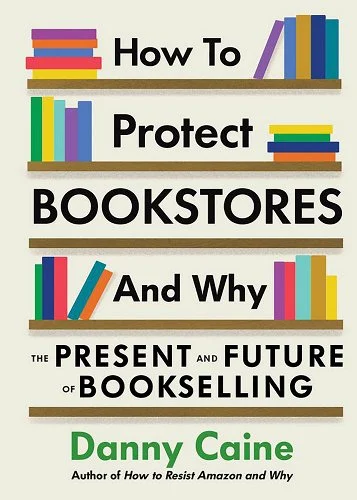
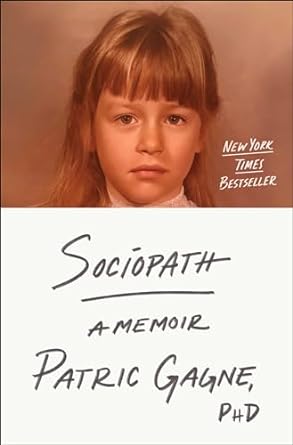
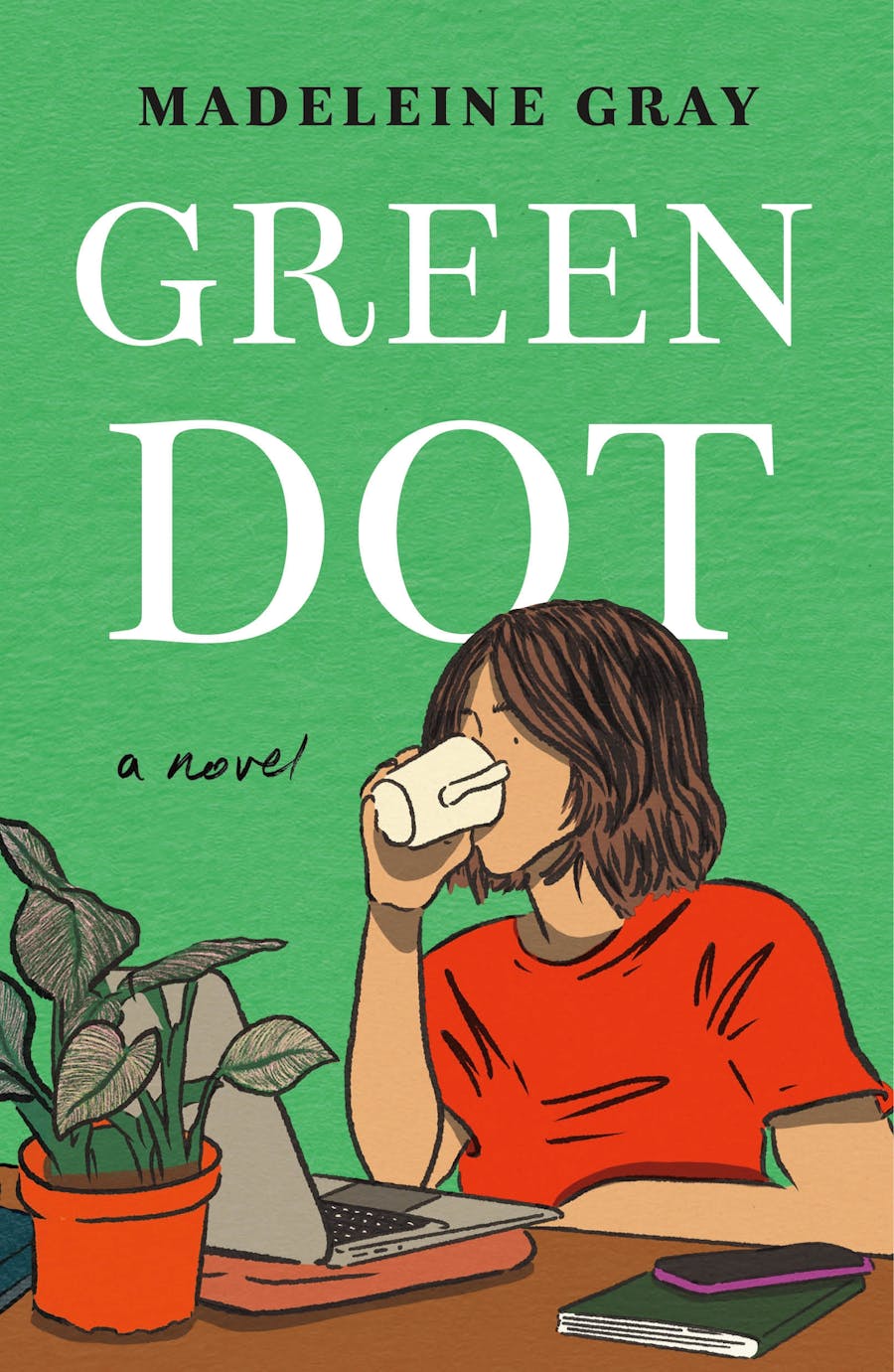



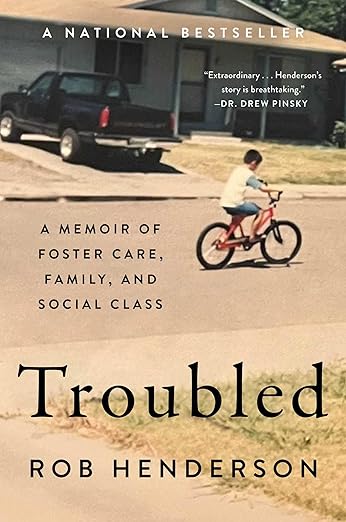
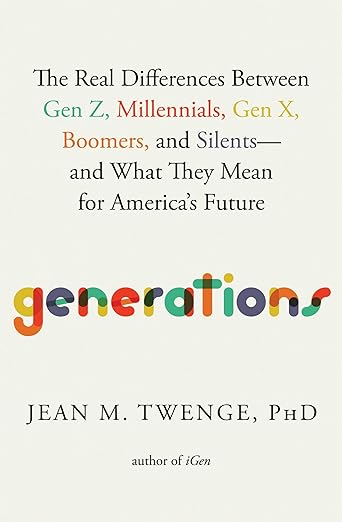
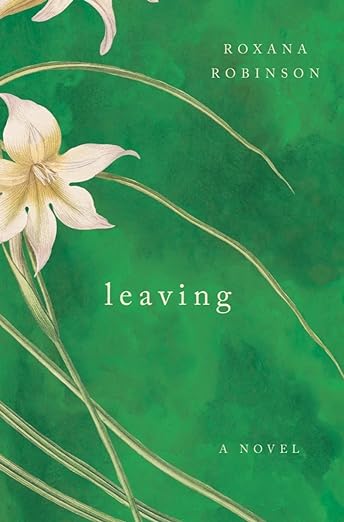

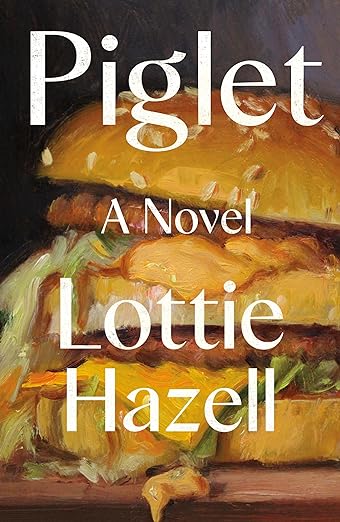

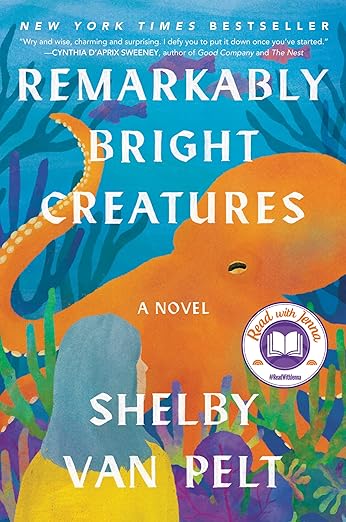


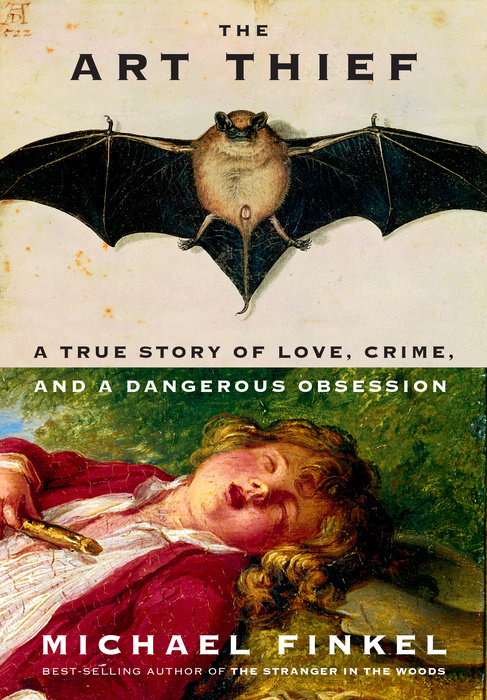

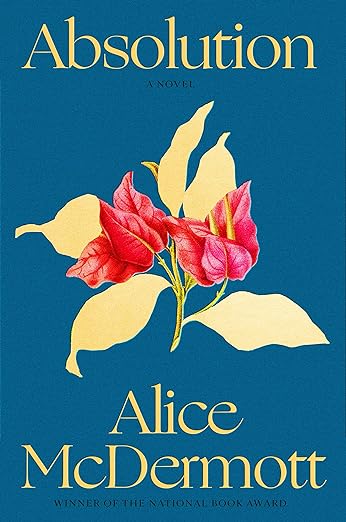
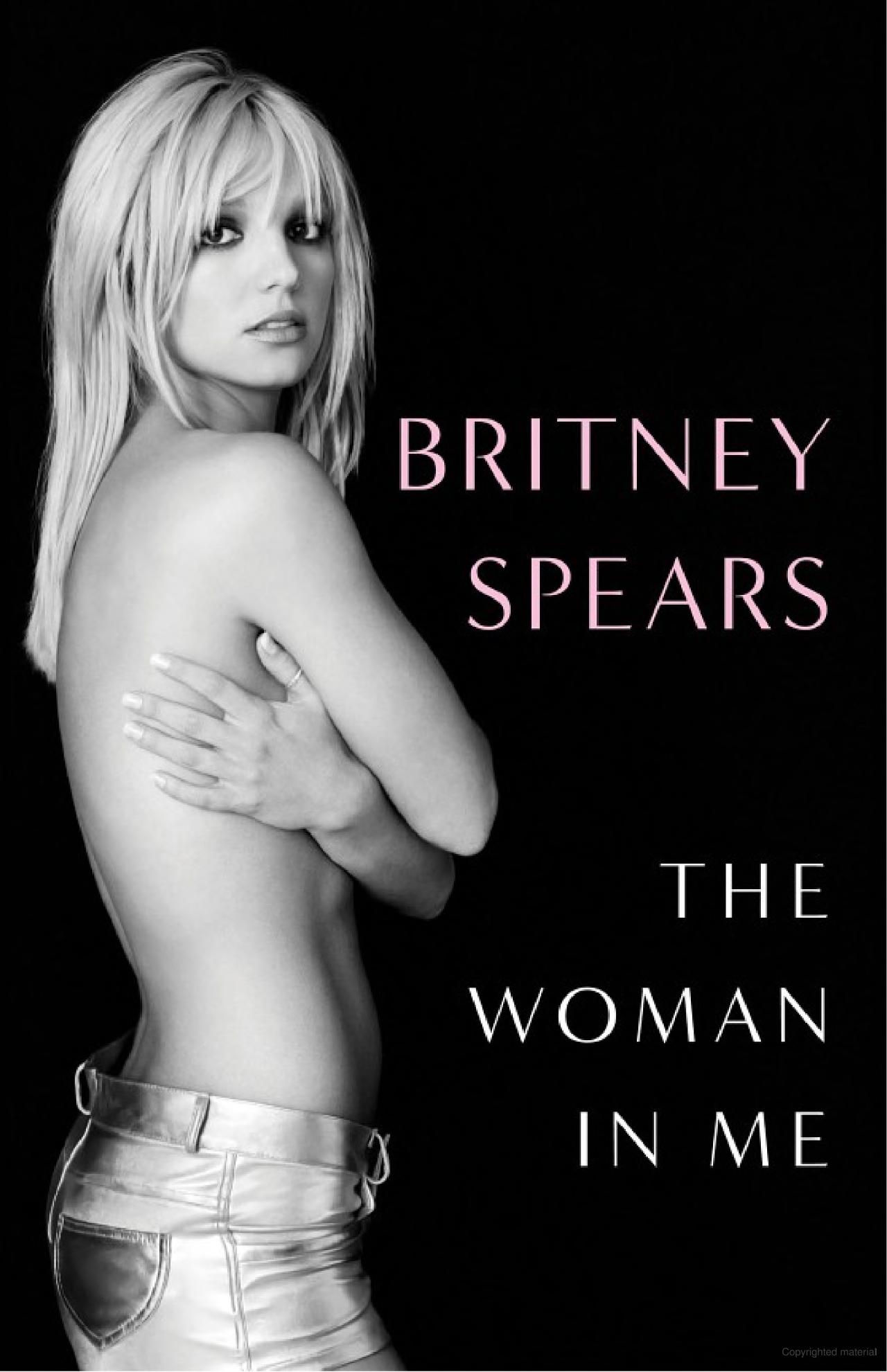


About Me
I have been blogging about books here at Everyday I Write the Book since 2006. I love to read, and I love to talk about books and what other people are reading.